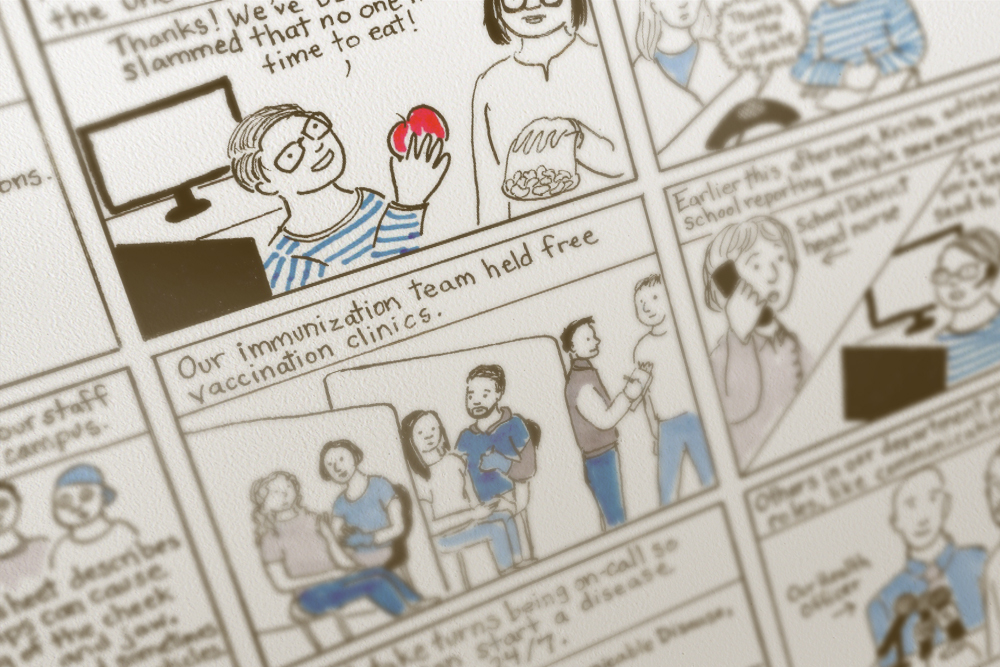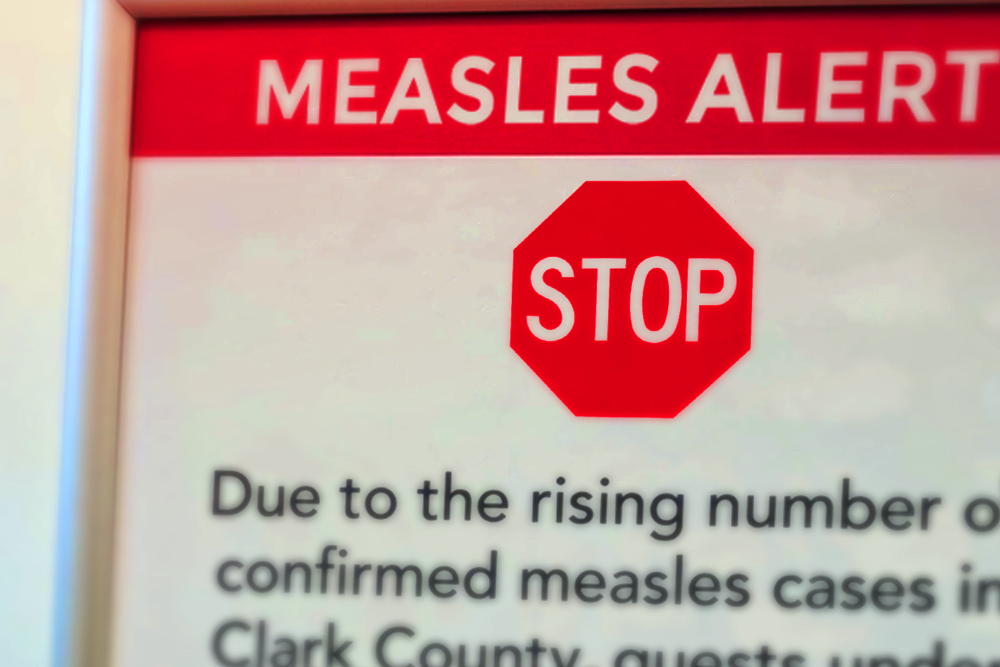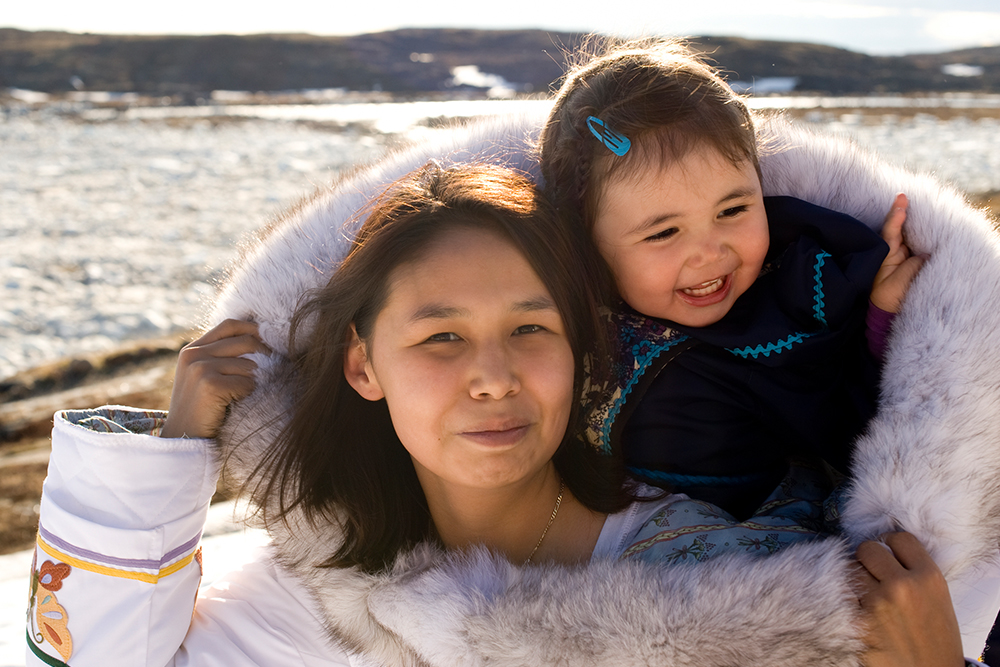July 29, 2020. This one-hour webinar, which is part of the Hot Topics series, explores equity-focused leadership skills for the COVID-19 crisis.
Learning Objectives
- Describe public health leadership challenges in the context of COVID-19 and racism crises.
- Identify the range of health challenges presented by different inequities in rural America, as identified in Alaska.
- Identify equity-focused leadership and communication strategies for addressing challenges related to today’s health crises.
- Describe how tribal sovereignty, federal responsibilities, and state regulatory authorities interact related to public health in Alaska.

June 30, 2020. This one-hour webinar, which is part of the Hot Topics series, explores the root causes of COVID-19 health inequities.
Learning Objectives
- Describe the origins of health equity work in King County, Washington.
- Review new data about COVID-19 that reveal its disproportionate impacts on communities of color.
- Explore strategies for addressing structural racism and strengthening resilience in underrepresented communities.

May 27, 2020. This one-hour webinar, which is part of the Hot Topics series, explores how mentoring is an important tool for developing leaders and building more equitable public health organizations.
Learning Objectives
- Describe the need for formal mentorship in the current era of public health practice.
- Discuss the importance of equity and inclusion in mentorship and how to put these values into practice.
- Preview a new online resource for strengthening mentorship in public health agencies of all sizes.

April 28, 2020. This one-hour webinar, which is part of the Hot Topics series, reviews a unique community partnership for addressing the COVID-19 response.
Learning Objectives
- Consider the benefits and challenges of forming and working with a public-private-community leadership group in a rapidly evolving public health crisis.
- Identify practical mechanisms to maximize timely two-way information sharing and feedback with community partners.
- Review strategies for centering equity and those at higher risk of experiencing the serious health and economic impacts of a pandemic.

March 31, 2020. In this one-hour webinar, which is part of the Hot Topics series, Claire Tollefsen, Digital Media Specialist for the Oregon Health Authority, shares strategies for addressing trending topics on social media.
Learning Objectives
- Consider why social media is an important organizational tool for communicating directly with key audiences.
- List two ways to analyze and build an audience on a social media platform.
- Review tools that help organizations hone their social media persona and establish their reputation as a trusted source for public health information.

February 27, 2020. In this one-hour webinar, which is part of the Hot Topics series, two attorneys explore the legal and ethical issues related to public health data use.
Learning Objectives
- List two ways the law can be an effective tool to support public health data sharing.
- Consider how ethics are used to identify and resolve dilemmas about what should be done in morally complicated situations.
- Compare and contrast frameworks for bioethics and public health ethics.
- Review which ethical framework is more appropriate for public health data sharing.

January 28, 2020. In this one-hour webinar, which is part of the Hot Topics series, two leaders from Idaho review why local public health agencies should be involved in mental and behavioral health issues and the role they can play in rural suicide prevention.
Learning Objectives
- Understand the importance of community health assessments and improvement plans in bringing awareness to suicide as a local problem.
- Identify three stressors in rural communities that contribute to their increased suicide rates.
- Identify three community interventions that focus on reducing the suicide rate at the local level.
- Consider the successful elements needed for building a local suicide prevention coalition.

December 18, 2019. This one-hour webinar, which is part of the Hot Topics series, reviews vaping-related products, health impacts, and prevention efforts underway in Washington State.
Learning Objectives
- Review recent data and trends on the youth vaping epidemic in Washington State.
- Review the latest details of the national investigation into Vaping-Associated Lung Injury.
- Consider executive and legislative actions, both nationally and in Washington State, for limiting youth and young adult access to vapor products

November 21, 2019. This one-hour webinar, which is part of the Hot Topics series, reviews strategies and inspiration for using data to tell compelling public health stories.
Learning Objectives
- Understand how to identify the most important, relevant, and interesting content to share with an audience.
- Identify appropriate graphic and other visualization techniques given common data constraints.
- Understand how to tailor data messaging and visualizations to an appropriate audience.
- Consider how important design principles are integrated into the creation of presentations and data visualizations to tell a “data story”

October 29, 2019. This one-hour webinar, which is part of the Hot Topics series, discusses a unique community coalition in Klamath County, Oregon, that is connecting economic improvements to health.
Learning Objectives
- Learn about the intersections between health and economic development.
- Learn about interventions to community health on various levels of the socio-ecological model.
- Review how a collaborative approach to community health improvements in a rural community can operate.

September 23, 2019. This one-hour webinar, which is part of the Hot Topics series, reviews how non-tribal public health agencies can better collaborate with tribal entities to support community health.
Learning Objectives
- Describe important historical events for tribes in Washington that shape their communities today.
- Define key concepts like sovereignty, collaboration, and consultation as relevant to working with Native American tribes.
- Identify resources to strengthen good working relationships with tribal public health partners.

August 27, 2018. This one-hour webinar, which is part of the Hot Topics series, reviews messaging strategies for hot-button issues like vaccines, climate change and fluoridation.
Learning Objectives
- Recall what recent dental health data reveal about the impacts of ceasing community-level fluoridation programs.
- Recognize how critics of fluoridation, vaccinations and other contentious public health issues misrepresent the purpose and findings of scientific reports.
- Understand how to provide crucial facts that shape the public’s understanding of relevant risks, data and disease impacts.
- Understand techniques for choosing effective visuals for fact sheets, social media and other communication tools.

July 23, 2019. In the July session of Hot Topics in Practice, Meredith Li-Vollmer, PhD, explores how comics can be used for creative public health messaging.
Learning Objectives
- List key organizational considerations when developing comics for public information.
- Describe why comics are effective for conveying health information to diverse audiences.
- List examples of how comics have been used for health promotion, risk communication, and health advocacy.

Hot Topics: Clark County’s 2019 Measles Outbreak: Vaccination Science, Controversy, and Public Trust
June 25, 2019. This one-hour webinar, which is part of the Hot Topics series, describes how Clark County Public Health in Washington State responded to a measles outbreak in a community with large populations of unvaccinated children.
Learning Objectives
- Describe how a local public health department identified and responded to a measles outbreak.
- Consider the role of community health care providers and systems in working with governmental public health partners.
- Understand the challenges and opportunities associated with addressing an outbreak, including data quality, communication, building community trust, and the role of policy in improving immunization rates.

May 21, 2019. This one-hour webinar, which is part of the Hot Topics series, reviews strategies for working with small data sets to better understand health issues, with examples from urban Indian communities.
Learning Objectives
- Identify health issues and initiatives important to urban Indian communities.
- Explore the impacts of racial misclassification on research, policy, and public health practice.
- List strategies for data analysis and reporting to correct for racial misclassification.
